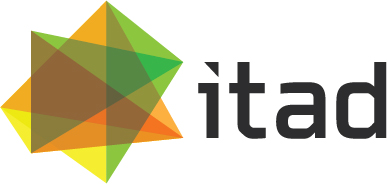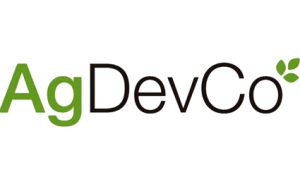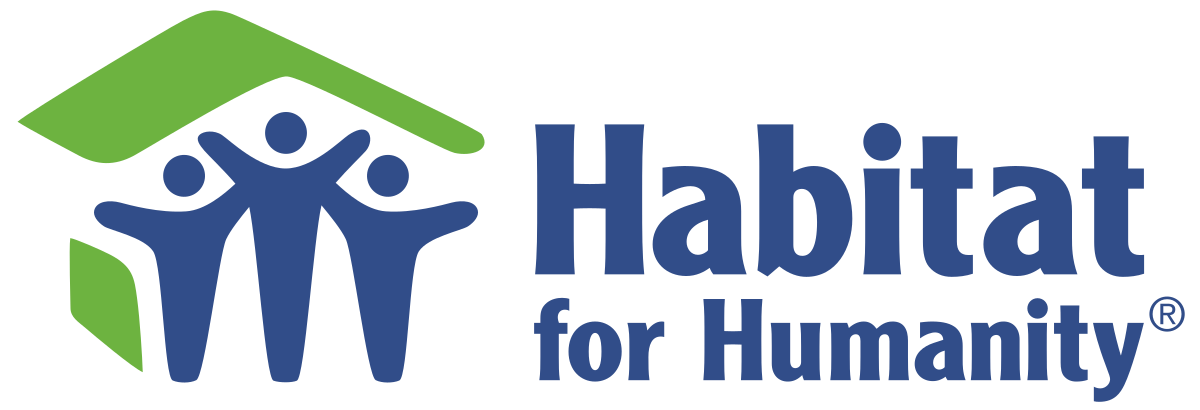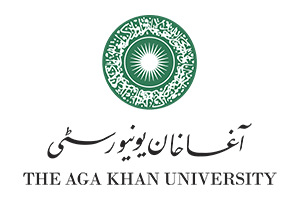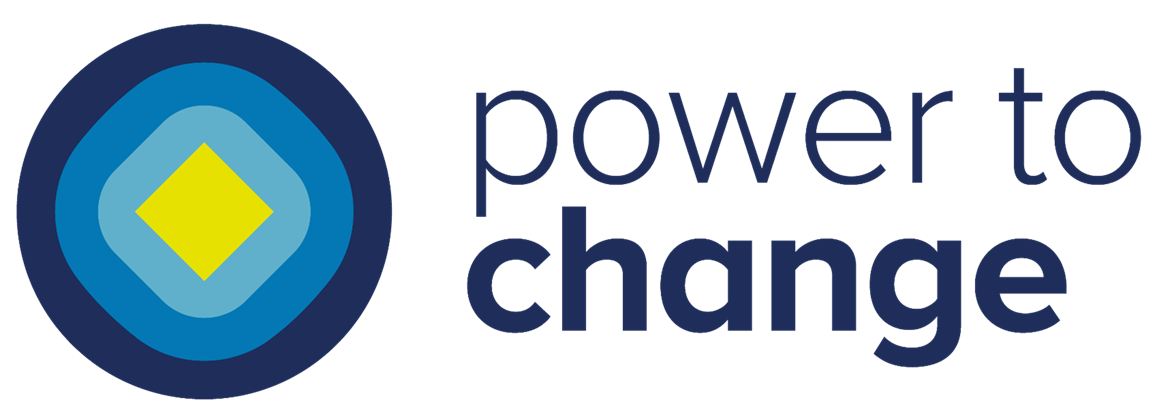We have conducted studies across Sub-Saharan Africa, Latin America, Asia and the UK.
We have worked in a range of sectors, please click on thematic areas below to learn more about the projects and organisations we have worked with in this field.
Rural livelihoods (agriculture)
Rural livelihoods (agriculture) is the sector where we have undertaken most studies, the projects we have conducted in this area are listed below:
AgDevCo, Ghana: a midline impact study on the Babator Irrigated Farming Hub (BIFH) project. 48 interviews and focus groups. Jan – Jun 2022.
Fairtrade Foundation, Cote D’Ivoire: Evaluation of the experiences of cocoa farmers working with the Fairtrade Foundation, using the On Our Radar dashboard. Jan – Apr 2022.
Diageo, Kenya: Evaluation of Diageo’s local raw materials programme, connecting sorghum farmers in Eastern and Western Kenya with access to markets, training, and agricultural inputs. 48 interviews and 8 focus groups. Carried out by Bath SDR between October – December 2020.
Diageo, Cameroon: Impact study of Diageo’s ‘Water of Life’ programme in Mayo-Kani district in Cameroon. 48 interviews and 8 focus groups. Carried out by Bath SDR between June – September 2019.
Diageo, Uganda: Impact study of Diageo’s programme to support smallholder sorghum and cassava producers in two districts in Uganda. 48 interviews and 8 focus groups across various farmer’s groups in each district. Carried out by Bath SDR between June – August 2017.
Diageo, Ethiopia: ‘Deep dive’ impact study of Diageo’s programme to support smallholder barley producers in two Zones of Oromia Region. 48 interviews and 8 focus groups across two farmer’s groups in each Zone. Carried out by Bath SDR between July – September 2016. Diageo have shared their summary of the report here.
Aga Khan Development Network, Pakistan. Two QuIP studies commissioned by Aga Khan Development Network in northern Pakistan. The first evaluated Aga Khan Foundation‘s ‘Satpara Development Project’ (24 interviews and 4 focus groups) and the second evaluated Aga Khan Rural Support Programme‘s ‘Food Security Project, Programme for Resource Poor Valleys’ (48 interviews and 8 focus groups). Both carried out by Bath SDR between May – September 2019.
Send a Cow, Ethiopia: Evaluation of Send a Cow‘s ‘Sustainable Agriculture and Rural Opportunities’ programme in Southern Ethiopia. 36 interviews and 6 focus groups conducted across three kebeles. Carried out by Bath SDR between December 2018 – January 2019.

Self Help Africa, Kenya: Evaluation of the impact on farmers of a value chain project which includes the construction of a new pack-house with cold chain transport and storage facilities as well as investment and training in pre-and post-harvest management, including agronomy, harvesting, handling, storage, processing, transportation and marketing. June – August 2022.
Self Help Africa, Burkina Faso: Evaluation of Bill and Melinda Gates Foundation project, ‘Realising Agricultural Productivity Gains’. 24 interviews and 4 focus groups. Carried out by Bath SDR between October – December 2017.
Self Help Africa, Zambia: Evaluation of the Irish Aid Local Development Programme in Zambia. 48 interviews and 8 focus groups across various farmer’s groups in two districts. Carried out by Bath SDR between May – June 2017.
Self Help Africa, Kenya: Post project QuIP impact study of the Gorta Self-Help Africa Community Based Seed Systems Project in Western Kenya. 24 interviews and 4 focus group discussions across six farmer’s groups and two counties. Carried out by Bath SDR between February – April 2016.
Tree Aid, Ghana: Evaluation of Tree Aid’s Non Timber Forest Products (NTFP) project on the livelihoods and wellbeing of intended beneficiaries at the household level. 24 interviews and 4 focus groups. Carried out by Bath SDR between January – February 2017.
Acumen, India: Development of a ‘Lean’ approach to the QuIP using telephone interviews to assess the impact of a social impact investment project with a dairy company in Kerala. Oct 2016.
Oxfam GB, Ethiopia: Post-project QuIP study assessing the impact of Oxfam‘s Coffee Value Chain project on women’s empowerment in Jimmu Zone, Oromia Region – complementing a quasi-experimental impact assessment. 48 interviews and 8 focus group discussions across six coffee cooperative groups. Carried out by Bath SDR between April – July 2016. You can read Oxfam’s review of the two evaluations here.
Market development
Projects we have conducted relating to market sector development:
Centre for Development Studies, Sierra Leone: Exploratory study looking at the impacts of formalisation of the artisanal mining sector. 24 individual interviews with a range of key informants. Carried out by Bath SDR and CDS between April – May 2020.
Triple Line Consulting, Ghana: Study looking at changes in behaviour and governance of timber production and sales as part of DFID’s Forest Governance, Markets and Climate (FGMC) programme and the Forest Law Enforcement, Governance and Trade (FLEGT) initiative in Ghana. 20 key informant interviews. Carried out by Bath SDR between February – April 2020.
Itad, Nepal: Four QuIP studies commissioned by Itad to evaluate different elements of the DFID Samarth programme, focusing on dairy, pig, ginger and vegetable farming. 24 interviews and 4 focus groups (x 4 studies). Carried out by Bath SDR between September – December 2018.
Acumen, India: Support for a ‘Lean’ QuIP using telephone interviews to assess the impact of a vocational training programme. Carried out by Bath SDR in July – August 2017.
Microfinance, savings and social cash transfers
Projects we have conducted in the microfinance, savings and social cash transfer sector:
Opportunity International Canada, Ghana: This study will evaluate the impact of the Global Affairs Canada Financial Inclusion for Enterprise Development
(GAC FINEDEV) project in Ghana. This project has the goal of increasing access to formal financing, create business-to-business linkages and networking opportunities particularly for small SMEs, women and vulnerable groups – with the end goal of contributing to the empowerment of women and girls in Ghana. The study includes key informant interviews, literature review, staff survey and a double QuIP with loan customers. June – September 2022.
Opportunity International UK, Ghana: Final evaluation of the DFID-funded programme ‘Roots of Change: Increasing the economic empowerment of women in Ghana and the DRC through rural financing’. 48 individual interviews and 8 focus groups. September – November 2021.
Opportunity International UK, Ghana: Mid-term evaluation of the DFID-funded programme ‘Roots of Change: Increasing the economic empowerment of women in Ghana and the DRC through rural financing’. 48 individual interviews and 8 focus groups. Carried out by Bath SDR between June – September 2020.

Oxford Policy Management, Nigeria, Guinea and Ghana: Evaluation of the Savings at the Frontier programme (SatF) run by Oxford Policy Management and the Mastercard Foundation that aims to improve the financial inclusion of low-income individuals and communities in sub-Saharan Africa. A three-year longitudinal study looking at the success of innovative informal savings mechanisms in three different countries: Zambia, Ghana and Tanzania.
Concern Worldwide, Malawi: Evaluation of Concern Worldwide’s Graduation Programme. The Graduation Programme is a multi-dimensional programme that tackles social exclusion, particularly on the basis of gender and social status, as well as increasing the capacity of the extreme poor to develop sustainable livelihoods in the context of increasing vulnerability to climate shocks. Round 1 – 24 interviews, 4 focus groups. Round 2 – 48 interviews, 8 focus groups. Carried out by Bath SDR between March – May 2018 and September – December 2020.
AgDevCo, Uganda: Exploring the impact of formal employment for female field officers working for a local agricultural development company in the East Acholi region. 36 individual interviews and 4 focus groups. Carried out by Bath SDR between October – December 2020.
AgDevCo, Uganda: Understanding the impact of support and training provided to VSLAs through a local agricultural development company in the East Acholi region. 48 individual interviews and 8 focus groups. Carried out by Bath SDR between November 2019 – January 2020. A summary report can be viewed here.
Habitat for Humanity International, India: Housing microfinance impact evaluation of Habitat for Humanity‘s MBIND MFI financial products and services project in Southern India. Impact assessment and institutional assessment. 72 interviews and 8 focus groups across two microfinance institutions in Tamil Nadu and Kerala, India. Carried out by Bath SDR and M-CRIL between September 2016 – April 2017. Habitat for Humanity published their own report which you can read here.
Education
Projects we have worked on in the education sector:
Edufinance, Kenya; This study explored the impacts of using loans from Edufinance to pay for education – particularly in the context of the Covid-19 pandemic. November – December 2021. EduFinance prepared a brief summary which you can read here.
Rutgers International, Indonesia: Evaluation of the ‘Setara’ programme as part of the Global Early Adolescent Study (GEAS) in schools in Bali, Central Java and Sumatra – concerned with attitudes to gender equality, gender norms within the home and school environment and understanding and attitudes towards sexual development and behaviours. 48 individual interviews and 12 focus groups with adolescent school pupils. Carried out by Bath SDR between November 2019 – January 2020.
Aga Khan University, Uganda: Evaluation for Aga Khan University of the transition from the new BSc in Midwifery to practice amongst a cohort of graduates. 14 interviews and a WhatsApp group. Carried out by Bath SDR April – July 2018.
Concern Worldwide (with Trinity College, Dublin) Malawi: Longitudinal evaluation of Concern Worldwide’s Graduation model project over three years. First year: 24 interviews and 4 focus groups, Mar-May 2018.
Seed Global Health, Uganda, Tanzania and Malawi: Evaluation of the Seed Global Health Service Programme, a US Peace Corps programme which supplies health worker volunteers to medical and nursing colleges in Africa. A three country study including 30 interviews and focus groups with leadership team, clinical and faculty staff and students in each country. Carried out by Bath SDR between June – September 2017.
Health, nutrition, water and sanitation
Projects we have worked on in this sector:
Save the Children, Zimbabwe: Evaluation of an integrated agriculture and nutrition programme. 48 interviews, 8 focus groups. April – May 2021.
Save the Children, Mozambique: Evaluation of the ‘Linking Agribusiness and Nutrition’ programme in Tete and Manica provinces in Mozambique. 48 interviews, 8 focus groups. Carried out by Bath SDR between June – September 2019.
Save the Children, Ethiopia: Evaluation of an early action intervention to mitigate impacts of predicted poor rains on a drought-affected community in the Somaliland region. 24 interviews, 4 focus groups. Carried out by Bath SDR between August – November 2017.
Save the Children, Tanzania: Evaluation of a Save the Children agriculture and nutrition project aimed at babies and young children in the south of Tanzania. 30 interviews, 4 focus groups and 5 key stakeholder interviews/focus groups with key civil society organisations. Carried out by Bath SDR between March – May 2017.
Aga Khan Foundation, Tajikistan: Evaluation of the Central Asia Food Security Project, Khorog, Tajikistan. 24 interviews and 4 focus groups. Carried out by Bath SDR between May-July 2019.
Aga Khan Foundation, Tajikistan: Evaluation of an Aga Khan Foundation project implementing the Food Security and Nutrition Programme (FSNP) across 14 sub-districts of the Gorno-Badakhshan Autonomous Oblast (GBAO) in Tajikistan, covering 112 villages with over 1,730 severely food insecure households. 36 interviews, 6 focus groups. Carried out by Bath SDR in July 2017.

Aga Khan Development Network, Tajikistan: Support of the AKDN Quality of Life Monitoring, Evaluation and Research Support Unit undertaking a Quality of Life study in Tajikistan. 72 interviews and 12 focus groups. Carried out by Bath SDR in September-October 2019.
C&A Foundation, Mexico: Evaluation of C&A Foundation‘s YQYP Programme to improve the working conditions and wellbeing of textile and apparel factories in Central Mexico. Impact assessment and process evaluation. 32 interviews, 4 focus groups and 2 case studies across six textile factories in two states of Mexico. Carried out by Bath SDR between October 2016 – March 2017. You can view the full report here.
Sexual and Reproductive Health
Projects we have worked on in the sexual and reproductive health sector:
Girl Effect, Rwanda: A deep dive into the impacts of Ni Nyampinga, a schools-based programme in Rwanda, aimed at girls aged 15-19, to encourage positive attitudes and confidence around sexual and reproductive health behaviours. September – December 2021. Find more information about the study here.
Rutgers International, Indonesia: Evaluation of the ‘Setara’ programme as part of the Global Early Adolescent Study (GEAS) in schools in Bali, Central Java and Sumatra – concerned with attitudes to gender equality, gender norms within the home and school environment and understanding and attitudes towards sexual development and behaviours. 48 individual interviews and 12 focus groups with adolescent school pupils. Carried out by Bath SDR between November 2019 – February 2020.
Rutgers International, Uganda: Evaluation of ‘Get Up Speak Out – Flexibility Fund’ (GUSO Flex) – a collaboration between the GUSO consortium in Uganda and Sexual and Reproductive Health and Rights (SRHR) Alliance Uganda. 24 individual interviews and 4 focus groups, completed in September 2019.
Rutgers International, Kenya: Evaluation of a Rutgers International sexual and reproductive health rights education programme with young people between 15-24 years old. 24 interviews, 4 focus groups. Carried out by Bath SDR between April – June 2018.
MannionDaniels: Evaluation commissioned by Mannion Daniels of the internal organisational changes and external mechanisms which affect the capacity of grantees who successfully graduate to access larger funds as part of the ‘AmplifyChange‘ programme. 24 organisational level interviews. Carried out by Bath SDR November – December 2018.
Community mobilisation and voluntary sector
Home Office, U.K. (Kantar Public): Delivered as part of a larger evaluation with Kantar Public to understand the impact on violence against women and girls (VAWG) crimes and the impact on public feelings of safety, with a particular focus on women and girls’, in target areas. Planned Jun – Sep 2022
Home Office, U.K. (Kantar Public): Evaluation of the impacts of the Safer Streets Fund Round 3, assessing changes in perceptions of risk amongst communities using public spaces at night for social and work reasons. Delivered as part of a larger evaluation with Kantar Public. Planned Feb – Jul 2022.
Power to Change UK: A second study looking to gather evidence on the role capacity building plays in the development of community businesses. April – May 2021.
Power to Change UK: Evaluation of Power to Change’s investments and activities designed to build capacity and organisational resilience in community businesses (CB). 14 remote interviews carried out between January – February 2020.
Aga Khan & La Caixa Foundation, Mozambique: Assessment of the impact of the Juntos! civil society strengthening programme. 22 individual interviews were carried out with key informants from CSOs, NGOs, the government and the private sector, between October – December 2020.
Tearfund, Bolivia: Evaluation of Tearfund’s Church & Community Mobilisation programme in two districts in Bolivia. 48 interviews and 8 focus groups, between September – November 2018.
Tearfund, Sierra Leone: Evaluation of Tearfund’s Church & Community Mobilisation programme in two districts in Sierra Leone. 48 interviews and 8 focus groups, completed in June 2018.
Tearfund, Uganda: Evaluation of Tearfund’s Church & Community Mobilisation programme in two districts in Uganda. 48 interviews and 8 focus groups. Carried out by Bath SDR between November 2016 – January 2017. You can read the full QuIP report here. Tearfund published their own summary report which you can read here.
Voscur, Bristol UK: Evaluation of the services Voscur provide to Bristol’s voluntary, community and social enterprise sector (VCSE) and the wider context affecting their work. Voscur carries out an annual QuIP in Bristol with 24 organisations. You can read a summary blog about the first Voscur study in 2017 here.
Alternately click here to see the full list of our studies or here for some example reports.
We are constantly growing our network of trained researchers in countries across the world, as well as QuIP data analysts. If you are an evaluator and think you may be able to use QuIP in your work, please get in touch to find out about training opportunities.









